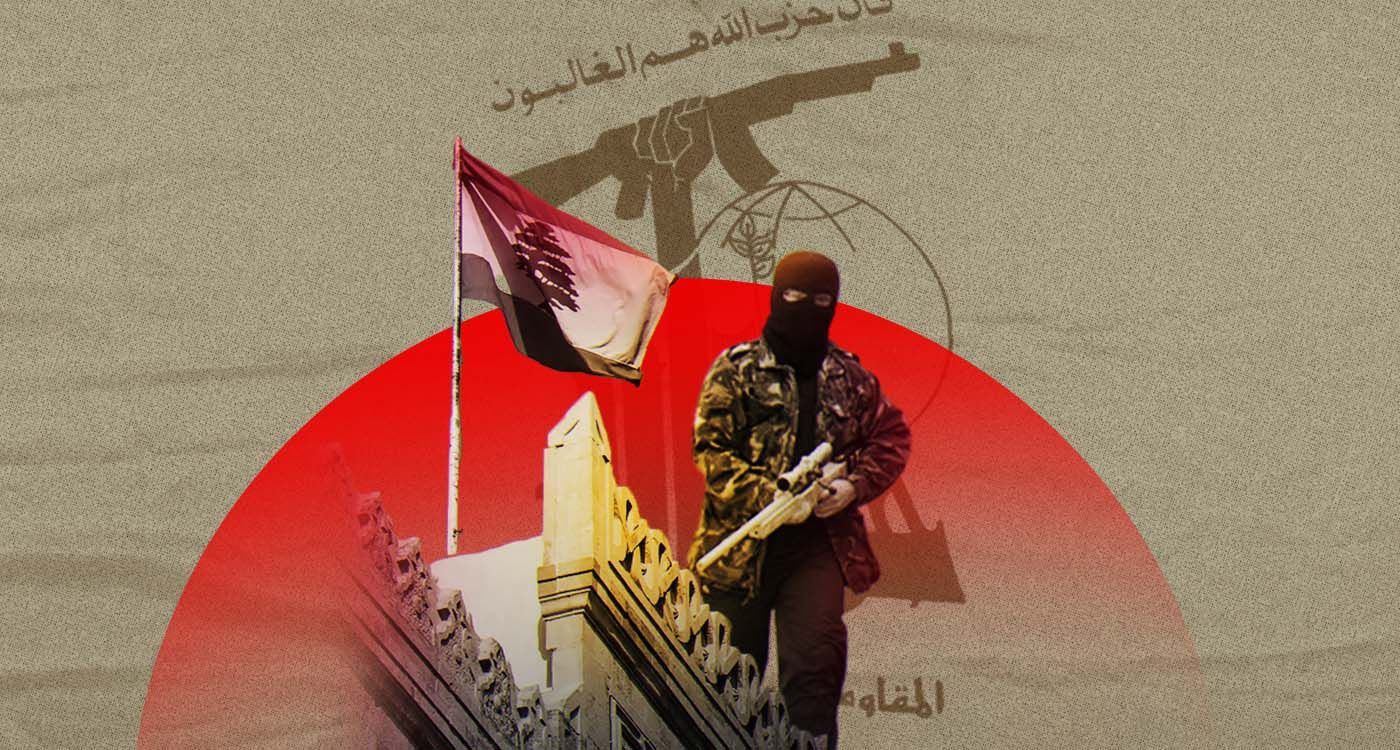
Lebanon is in a position few would envy in the current round of settlements. This situation does not stem from a government crisis, but from the dominance of a single party. Had the state itself been responsible for the decisions that brought us here, the outcome—though difficult—might have been more acceptable. Unfortunately, Lebanon is now paying the price for burdens it was never equipped to bear.
Thomas Barrack’s latest visit to Beirut delivered an unexpected message: a sharp escalation in demands. As with his two previous trips, the stakes have once more been raised. Israel is pressing for definitive outcomes, determined to eliminate all threats it considers unacceptable. Hezbollah’s recent inflammatory rhetoric, despite not formally participating in the talks, has only deepened the crisis. By dragging the state into confrontation without regard for its fragile position, the party has contributed to tougher Israeli conditions.
Where the negotiations once focused on areas north and south of the Litani River, they now center on light weapons and hand grenades, with the Lebanese government expected to dismantle these with absolute resolve. This is more than just a shift in tone, it signals a fundamental redefinition of the negotiation itself, with mounting pressure and little room left for diplomacy.
However, Lebanon lacks the capacity to respond. Weakened by internal paralysis, recent military defeat and growing isolation, it cannot assert any counter-demands. The United States remains present, but only as a spectator. It offers no guarantees, no promise of Israeli withdrawal, no assurance against future aggression and no clear pathway to resolving the border issue. These negotiations are structured to meet Israel’s objective, while Lebanon is left empty-handed.
To make matters worse, rejecting these terms exposes Lebanon to sanctions and escalating instability. Israel faces no such consequences.
Yet, the core responsibility does not lie with the United States, nor with Barrack, nor even with the Lebanese government or Israel. It lies with Hezbollah. The party’s hardened stance in recent weeks—marked by threats, ultimatums and refusal to consider disarmament—has further raised Israeli demands and stripped Lebanon of whatever leverage it once held.
What remains on the table today may vanish tomorrow. What feels reluctantly acceptable now could soon become a lost opportunity. If Hezbollah continues to raise the stakes, Lebanon may soon have nothing left to negotiate.



Comments